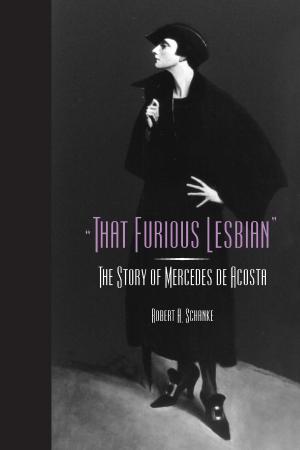The Green Ghost
William Burroughs and the Ecological Mind
Fiction & Literature, Literary Theory & Criticism, American| Author: | Chad Weidner | ISBN: | 9780809334872 |
| Publisher: | Southern Illinois University Press | Publication: | March 16, 2016 |
| Imprint: | Southern Illinois University Press | Language: | English |
| Author: | Chad Weidner |
| ISBN: | 9780809334872 |
| Publisher: | Southern Illinois University Press |
| Publication: | March 16, 2016 |
| Imprint: | Southern Illinois University Press |
| Language: | English |
Until now, much scholarly work on Burroughs has focused on the sensational aspects of his life and on his innovative writing. The Green Ghost, by Chad Weidner, uncovers the ecological context of literary texts by William Burroughs. By rereading canonical and ignored texts while pushing the boundaries of ecocritical theory and practice, Weidner provides a fresh perspective on Burroughs and suggests new theoretical and methodological approaches to understanding the work of other Beat writers.
Using an ecocritical lens, Weidner explores the toxicity in Naked Lunch while at the same time teasing out latent ecological questions embedded in Burroughs’ later works. The author’s analysis of unknown and miniature “cut-ups,” texts that have been disassembled and rearranged to create new passages, provides a novel understanding of these cryptic forms. Weidner also examines in detail books by Burroughs that have been virtually ignored by critics, exposing the deep ecology of the Beat writer’s vision.
In calling attention to Burroughs’s narrative strategies that link him to an environmental political position, The Green Ghost demonstrates that the work of the Beat writer is a ripe source for ecocritical dialogue.
Until now, much scholarly work on Burroughs has focused on the sensational aspects of his life and on his innovative writing. The Green Ghost, by Chad Weidner, uncovers the ecological context of literary texts by William Burroughs. By rereading canonical and ignored texts while pushing the boundaries of ecocritical theory and practice, Weidner provides a fresh perspective on Burroughs and suggests new theoretical and methodological approaches to understanding the work of other Beat writers.
Using an ecocritical lens, Weidner explores the toxicity in Naked Lunch while at the same time teasing out latent ecological questions embedded in Burroughs’ later works. The author’s analysis of unknown and miniature “cut-ups,” texts that have been disassembled and rearranged to create new passages, provides a novel understanding of these cryptic forms. Weidner also examines in detail books by Burroughs that have been virtually ignored by critics, exposing the deep ecology of the Beat writer’s vision.
In calling attention to Burroughs’s narrative strategies that link him to an environmental political position, The Green Ghost demonstrates that the work of the Beat writer is a ripe source for ecocritical dialogue.















